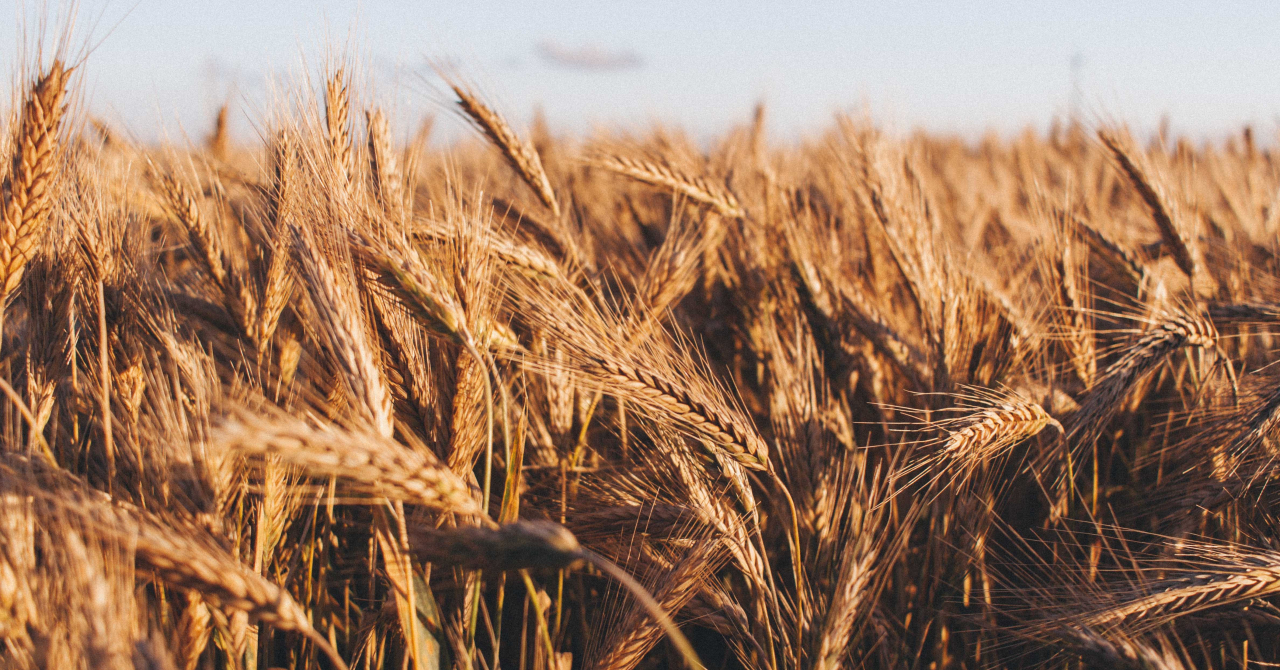According to the World Economic Forum, one in ten people around the world faced hunger in 2020, so about 720 million to 811 million people did not have enough food.
Gilbert Houngbo, President of the United Nations’ International Fund for Agricultural Development (IFAD) said that “conflict and hunger are closely intertwined – when one escalates, the other usually follows. As in any crisis, it is the poorest and most vulnerable who are hardest hit, and in our globalized world, the impact of this conflict will reverberate across continents.”
What concerns Houngbo and other experts, is that with the conflict taking place right now in Ukraine does not only create more geopolitical tensions, but it could also lower the production of crops such as wheat, corn and sunflower oil, which will inevitably cause prices to rise and worsen the issue regarding hunger.
Prior to the current events, the COVID-19 pandemic already weakened food production globally, which made it even more difficult for certain groups of people to get access to food supplies.
This is definitely not a good sign, as putting an end to hunger is the second most important objective of the UN's 17 Sustainable Development Goals to achieve by 2030.
The most affected population was definitely the one in Africa, where 21% of the population faced hunger issues in 2020, while in Latin America and the Caribbean, one in ten people didn't have enough food in the same year.
At the same time, the most affected age group is definitely the one composed of children, and nearly three quarters of the children affected by hunger live either in Southern Asia or in the sub-Saharan Africa.
According to estimates from IFAD, Ukraine and Russia make up for 12% of the food calories traded in the world, hence why UN members are so worried about the ongoing conflict.
40% of Ukraine's wheat and corn exports go to Africa and the Middle East, areas that were already struggling with regards to food supplies.
At the same time, Egypt is the world's biggest buyer of wheat, which comes from Ukraine and Russia and is being used to make subsidized bread, food that many people rely on.
Houngbo added that "the continuation of this conflict, already a tragedy for those directly involved, will be catastrophic for the entire world, and particularly those that are already struggling to feed their families.”
The UN’s Food and Agriculture Organization reported that global food prices rose by 20% in February compared to 2021, which brought them to a record high.
 Mihai - Cristian Ioniță
Mihai - Cristian Ioniță












Any thoughts?